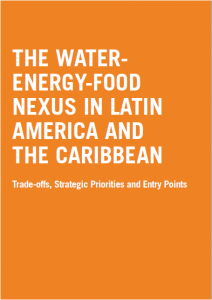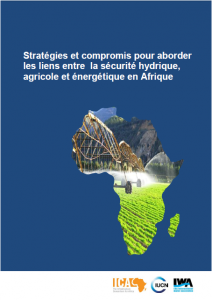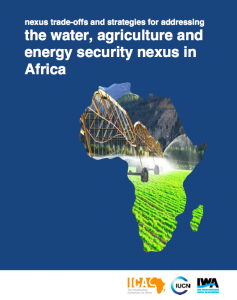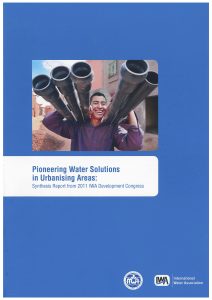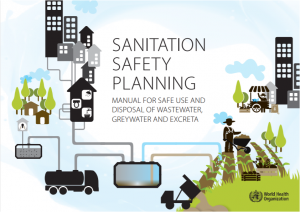Latin America is the most urbanised region on the planet, with over 80% of the population living in cities. In November, Buenos Aires, Argentina, will host the IWA Water and Development Congress and Exhibition, providing an opport...
Thought-provoking contributions Deadline: 12th of June 2017 IWA’s Water and Development Congress series aims to catalyse transformational change and support transition to new ways of managing water resources and delivering wate...
IN MEMORIAM: Piers Cross, drinking water and sanitation icon, passes away at his home in South Africa On 29 March 2017, Piers Cross, for thirty-odd years a key actor on the global stage of drinking water and sanitation services fo...
In our hyper-connected world, water, energy and food are increasingly interdependent. In Latin America and the Caribbean (LAC), water is at the heart of this nexus and underpins hydropower generation, agricultural production and industry. For Latin America and the Caribbean to meet its ambitious economic, environmental and social targets, such as those set out under the forthcoming Sustainable Dev...
Le « Nexus » est le point d’intersection entre la sécurité hydrique, énergétique et agricole. Le nexus peut servir comme processus d’allocation et d’utilisation des ressources pour assurer la sécurité hydrique, énergétique et alimentaire d’une population en croissance dans une période de changement climatique, de transformation de l’aménagement du territoire, de diversificati...
The “Nexus”, as understood in the context of this document, can be defined as the place where water, energy and agricultural security intersect. At its heart is a strong understanding of the interdependencies between these three systems. As a concept, the Nexus is being promoted as a process for allocating and using resources to ensure water, energy and food security for an ever- growing popul...
Synthesis report from the 2011 IWA Development Congress.
The water sector needs to attract and inspire professionals to choose to work and stay in the water sector. The water-related Sustainable Development Goals and targets will require a water sector workforce that is adequate in numb...
Moving towards a sustainable circular economy requires us to rethink the role and reuse of wastewater, greywater and fecal sludge. Sanitation Safety Planning (SSP) is as step-by-step risk-based approach to ensure the increasing re...
Sanitation Safety Planning is a step-by-step risk based approach to assist in the implementation of the 2006 WHO Guidelines for Safe Use of Wastewater, Excreta and Greywater in Agriculture and Aquaculture. The approach can be applied to all sanitary systems to ensure the system is managed to meet health objectives. SSP assists users to: Systematically identify and manage health risk along the sani...
